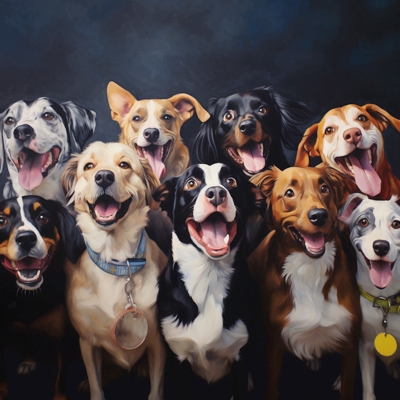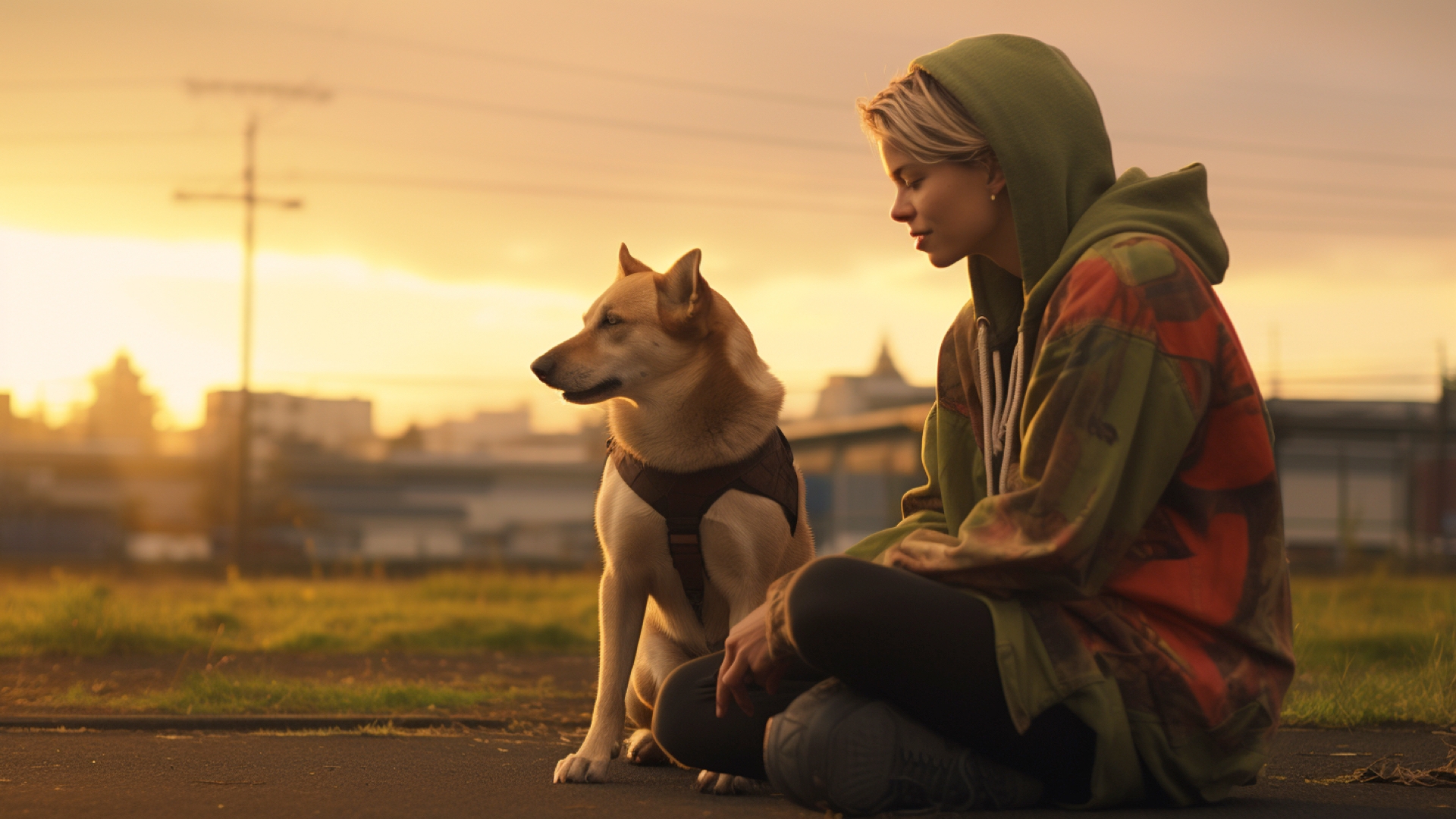Common Professional Dog Training Methods:
An Overview
Summary:
Dog training encompasses a variety of methods, each tailored to different needs and situations. These methods come with their own principles, tools, advantages, and disadvantages. While some techniques focus on rewarding desired behaviors, others might involve removing an unpleasant stimulus when the dog behaves correctly. Some methods can be effective but might induce fear or confusion if misapplied. Others emphasize building a strong bond between the dog and owner, addressing the root causes of behaviors. The optimal training approach often varies based on the dog, the behavior in question, and the owner's preferences. It's essential to choose trainers whose techniques resonate with one's beliefs and values.


Common Professional Dog Training Methods:
1. Positive Reinforcement:
- Principle: Rewarding the dog for desired behavior to encourage its repetition.
- Tools: Treats, toys, praise, or any positive stimulus the dog enjoys.
- Pros: Builds a strong bond between the dog and owner, is humane, and can be very effective.
- Cons: Requires consistency and timing. Over-reliance on treats can sometimes lead to obesity.
2. Clicker Training:
- Principle: A form of positive reinforcement where a clicker marks the desired behavior.
- Tools: A small handheld device that produces a clicking sound.
- Pros: Provides clear and immediate feedback, making it easier for dogs to understand which behavior is being rewarded.
- Cons: Requires good timing and consistency. The dog must be "conditioned" to understand the clicker's meaning.
3. Negative Reinforcement:
- Principle: Removing an unpleasant stimulus when the dog displays the desired behavior.
- Tools: Training collars, leashes.
- Pros: Can be effective for certain behaviors.
- Cons: Can be confusing for the dog if not done correctly and may lead to fear or anxiety.
4. Positive Punishment:
- Principle: Introducing an unpleasant stimulus to reduce or eliminate an undesired behavior.
- Tools: Verbal reprimands, noise makers, or training collars.
- Pros: Can be effective for deterring unwanted behaviors.
- Cons: Can lead to fear, aggression, or a weakened bond if used excessively or incorrectly.
5. Negative Punishment:
- Principle: Removing something the dog values to reduce or eliminate an undesired behavior.
- Tools: Withholding treats, toys, or attention.
- Pros: Humane way to discourage unwanted behaviors.
- Cons: Requires consistency and understanding of what the dog values.
6. Lure and Reward Training:
- Principle: Using a lure (like a treat or toy) to guide the dog into the desired position or behavior, then rewarding.
- Tools: Treats, toys.
- Pros: Easy for beginners, builds a positive association.
- Cons: The dog might become overly reliant on the lure.
7. Relationship-Based Training:
- Principle: Building a mutual bond of trust and understanding between the dog and owner.
- Tools: Observation, understanding, and communication.
- Pros: Focuses on the overall relationship, addressing the root causes of behavior.
- Cons: Requires a deep understanding of canine behavior and might be more time-consuming.
It's essential to note that the best training method often depends on the individual dog, the behavior being addressed, and the owner's comfort level. Many professional trainers use a combination of methods tailored to each dog's needs. When choosing a trainer, it's crucial to find one whose methods align with your beliefs and values.
Do you need Board and Train service in Portland, Oregon? Schedule a consultation with Portland, Oregon's Premier Dog Trainer.
Pros and Cons
Pros:
- Consistency: The dog receives consistent training from a professional, which can be especially beneficial for addressing challenging behaviors.
- Intensive: The immersive nature of the program can lead to faster results.
- Convenience: Owners who may not have the time or expertise to train their dogs can benefit from having a professional handle the bulk of the training.
Cons:
- Cost: Board and train programs can be expensive due to the intensive nature of the training and the costs of boarding.
- Separation: Some owners and dogs may struggle with being apart for an extended period.
- Generalization: Dogs might behave differently in the training environment than at home. There's a risk that some behaviors might revert when they return to their usual environment, especially if owners don't maintain the training.
In conclusion, dog owners must research and choose a reputable trainer or facility, while board and train programs can be expensive, they are also highly effective. If you are looking for a respected trainer in the Portland, Oregon area, consider boarding your dog with Nicole Flowers, and remember it's also crucial for owners to stay involved and committed to maintaining the training once the dog returns home.


